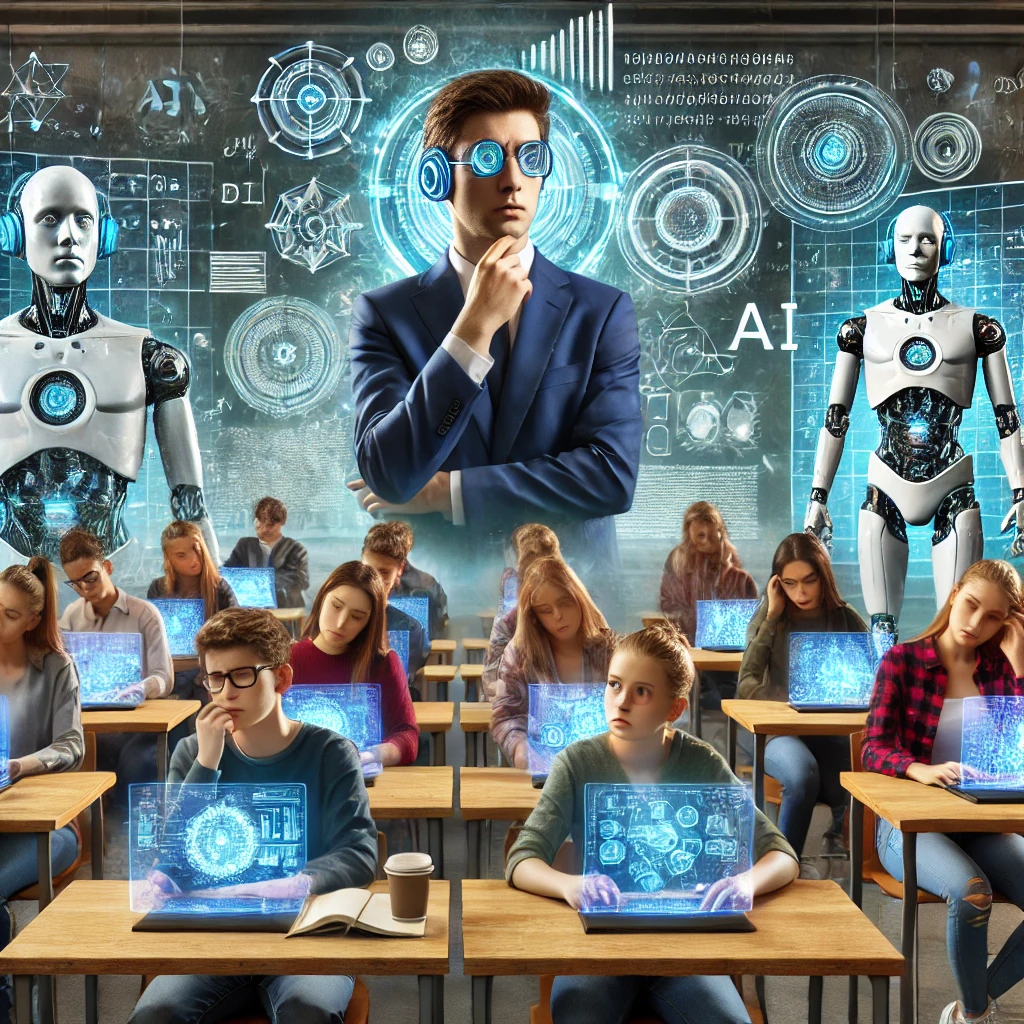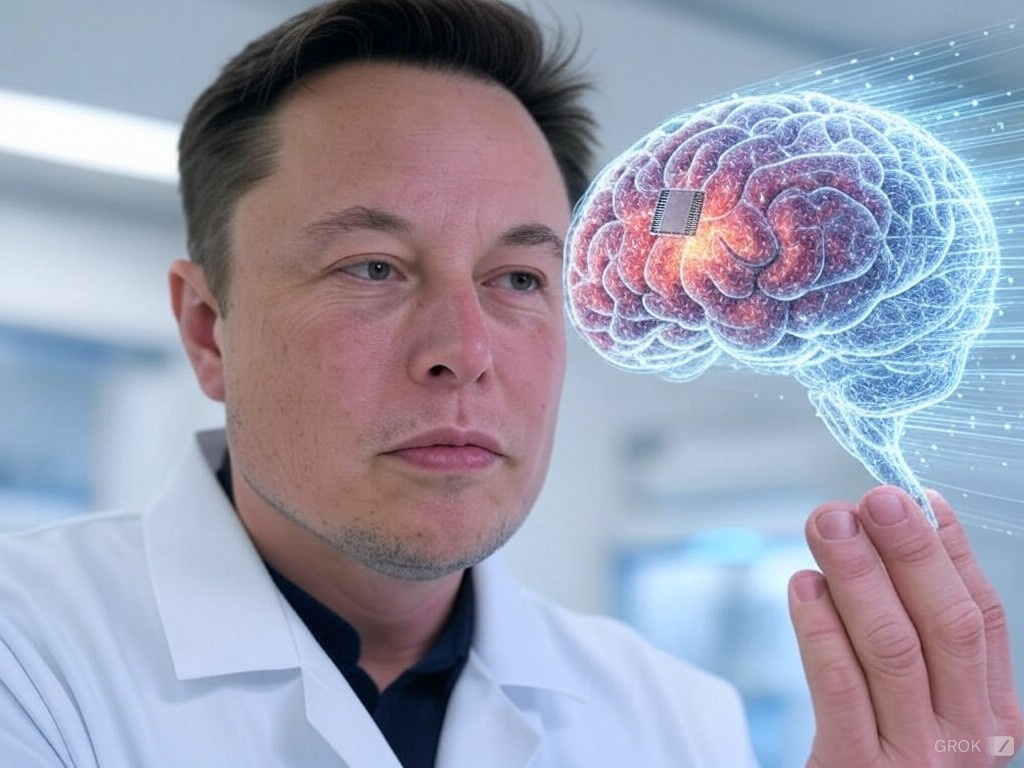AI is making college life easier for students by automating tasks like writing essays and solving complex problems, but it’s also raising concerns about the future of education and critical thinking skills. A recent study at the University of Reading revealed how advanced AI tools like ChatGPT-4 can outperform actual students in assessments while remaining undetected by professors. This experiment highlights a growing reliance on AI that could make society smarter in some ways but dumber in others.
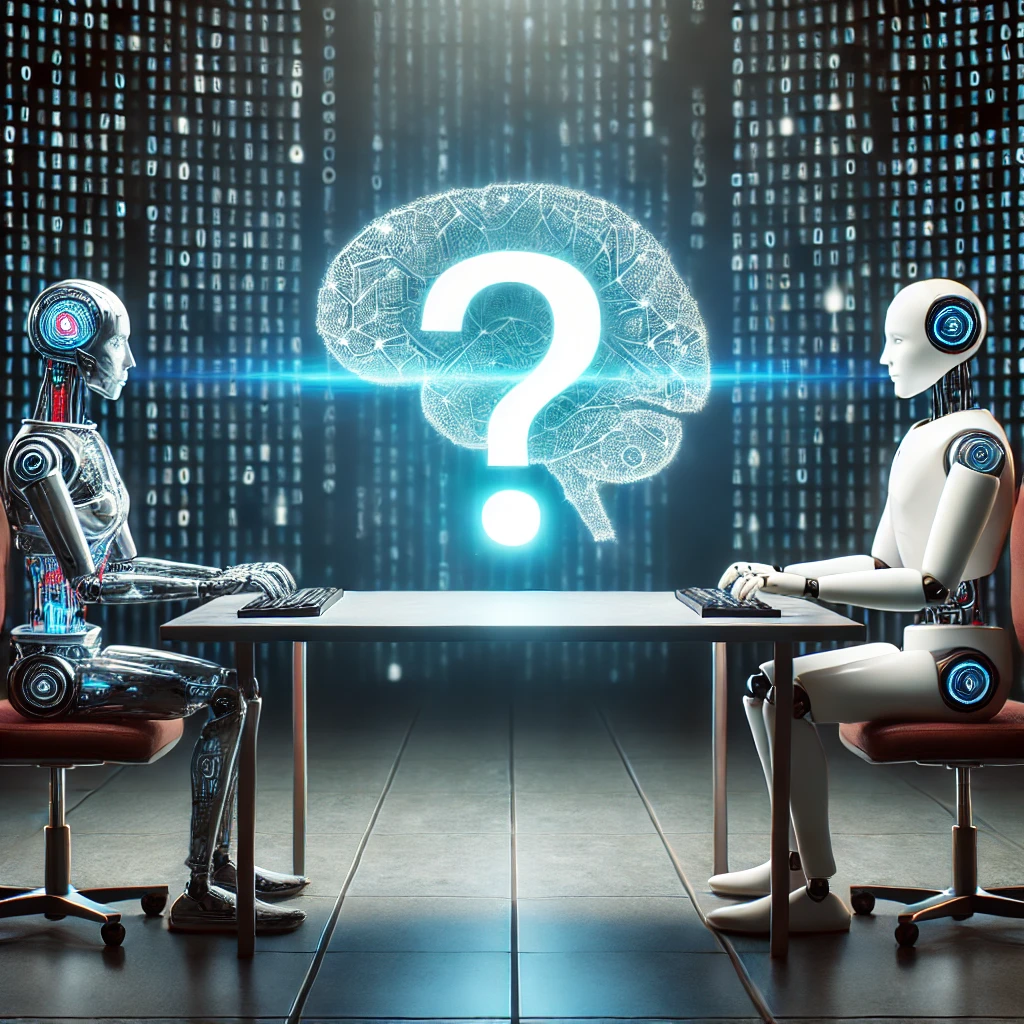
The Reading project submitted 33 AI-generated exam answers to university markers without their knowledge. The results were shocking: only one was flagged as potentially AI-written, and the rest received grades higher than the average student. The findings suggest that AI tools are increasingly capable of passing the “Turing test,” where machines perform tasks indistinguishably from humans.
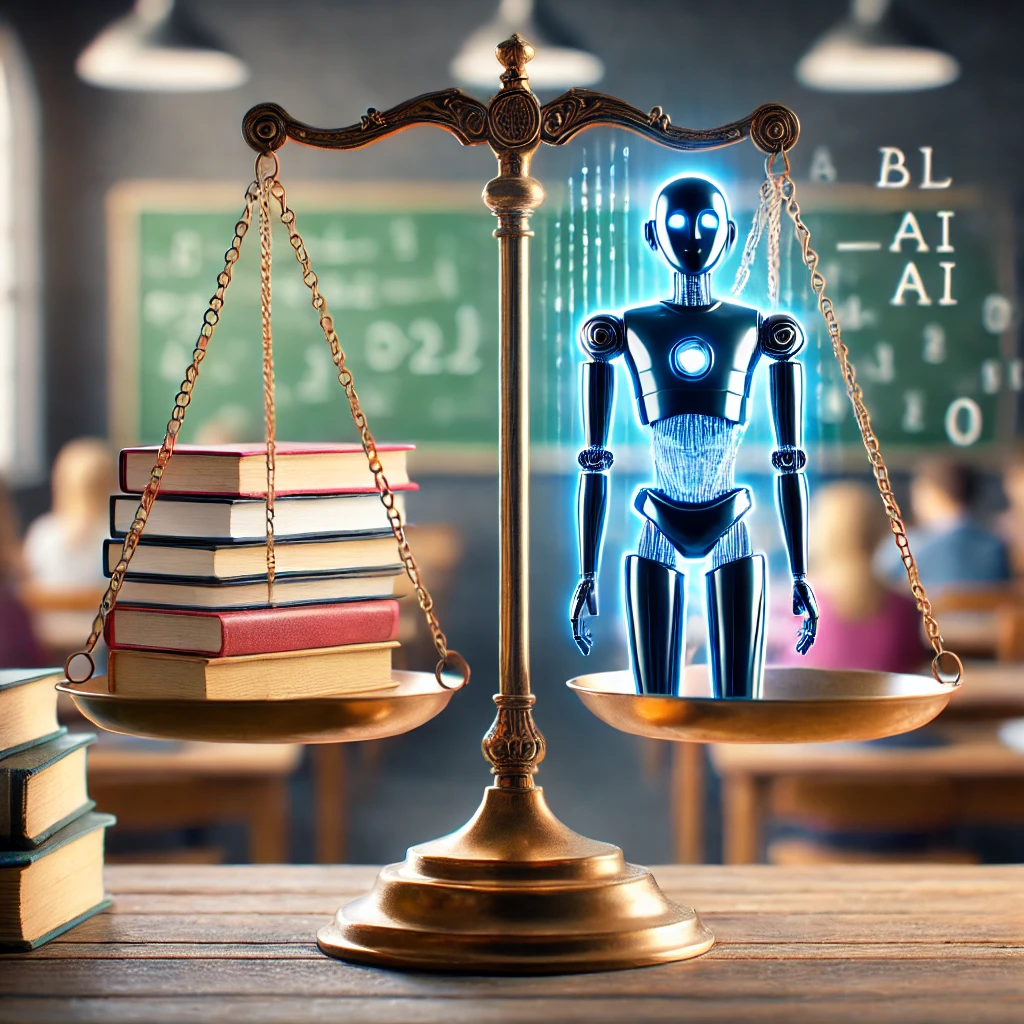
This success raises alarms about the integrity of academic assessments. If educators can’t detect AI use, how can they ensure students are learning and not just outsourcing their work? Experts argue that traditional take-home exams may need to be replaced with in-person or real-world assessments to counter the risk of cheating.
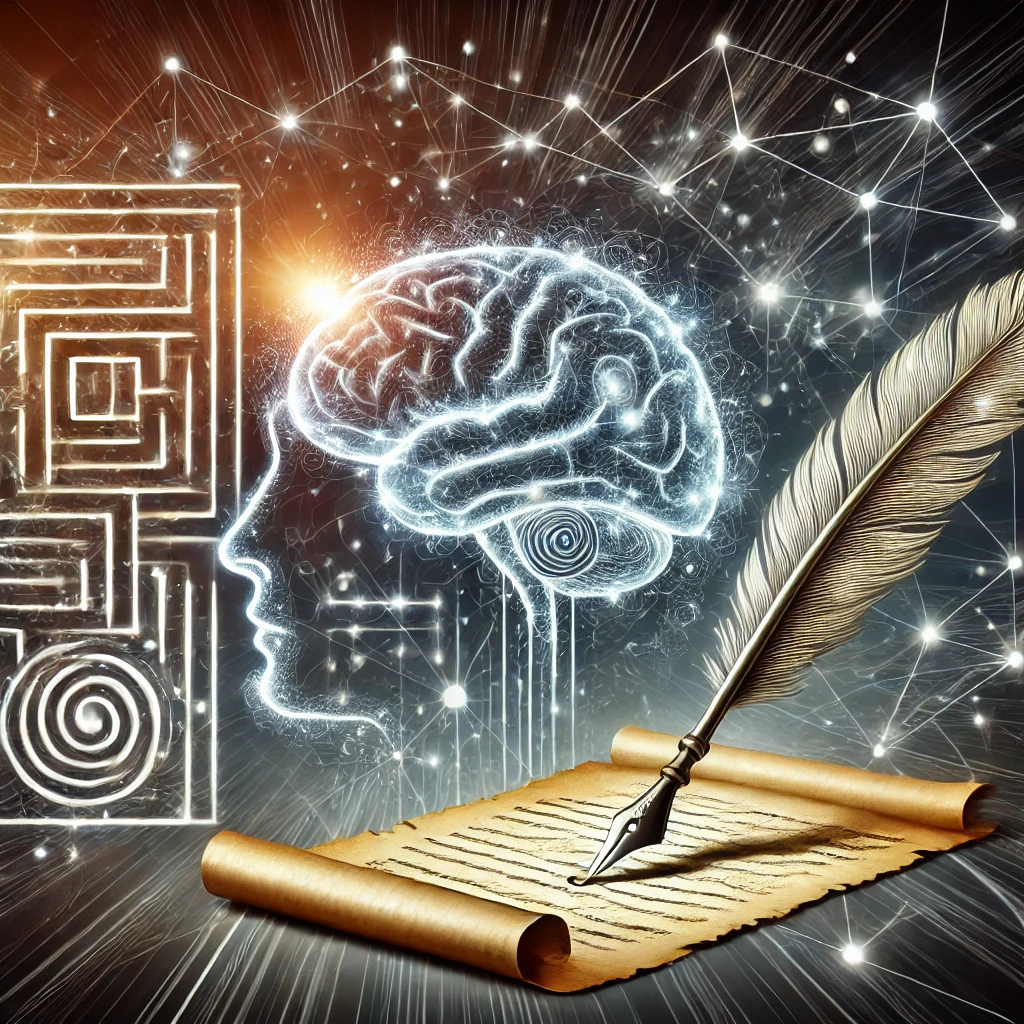
Yet, even adapting to AI use comes with challenges. Some universities, like Reading, are considering teaching students to use AI ethically and critically, treating it as a skill for the modern workplace. However, critics worry this approach could lead to “deskilling.” For example, just as reliance on GPS has diminished people’s natural navigation abilities, overusing AI might erode essential skills like critical thinking, problem-solving, and original writing.
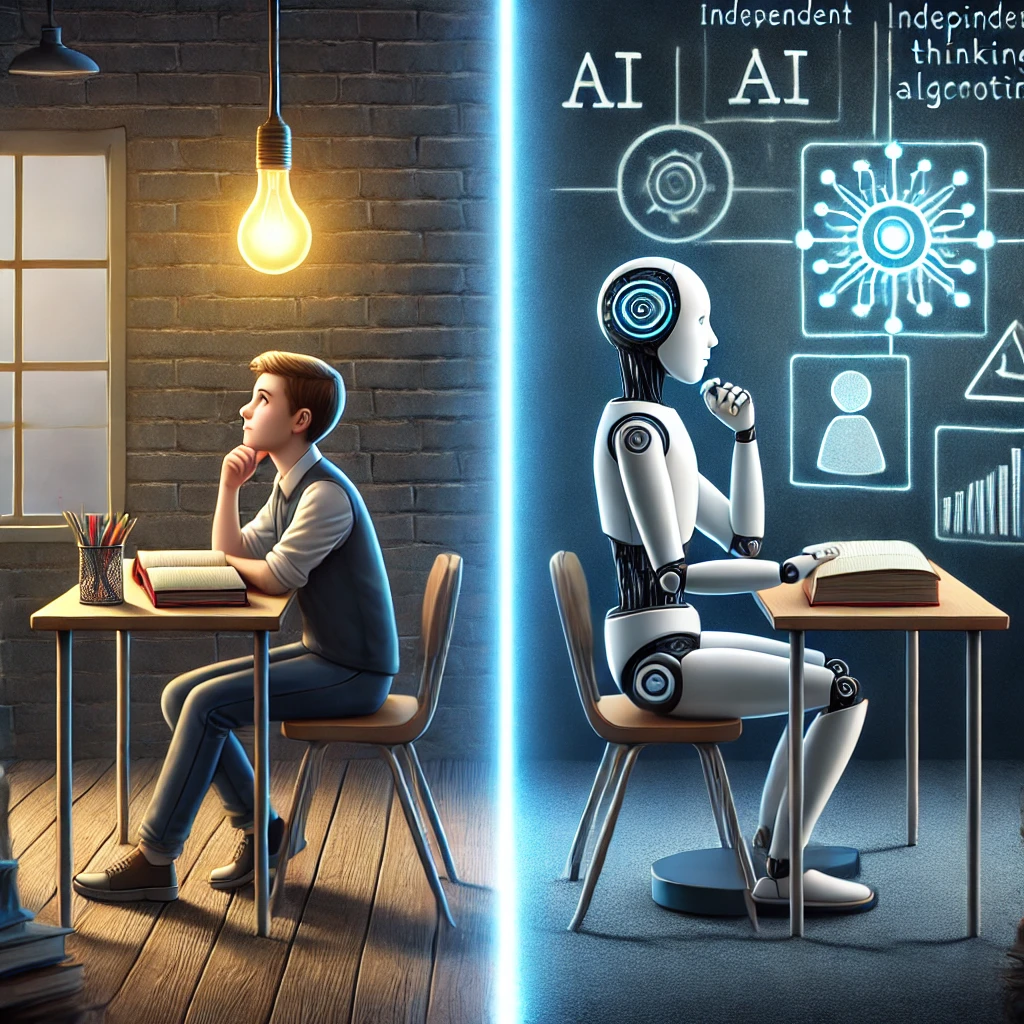
This shift also creates a broader societal concern: Are we training students to think or to follow algorithms? As AI becomes more embedded in education and work, there’s a risk that younger generations will lose their ability to engage in deep, independent analysis.
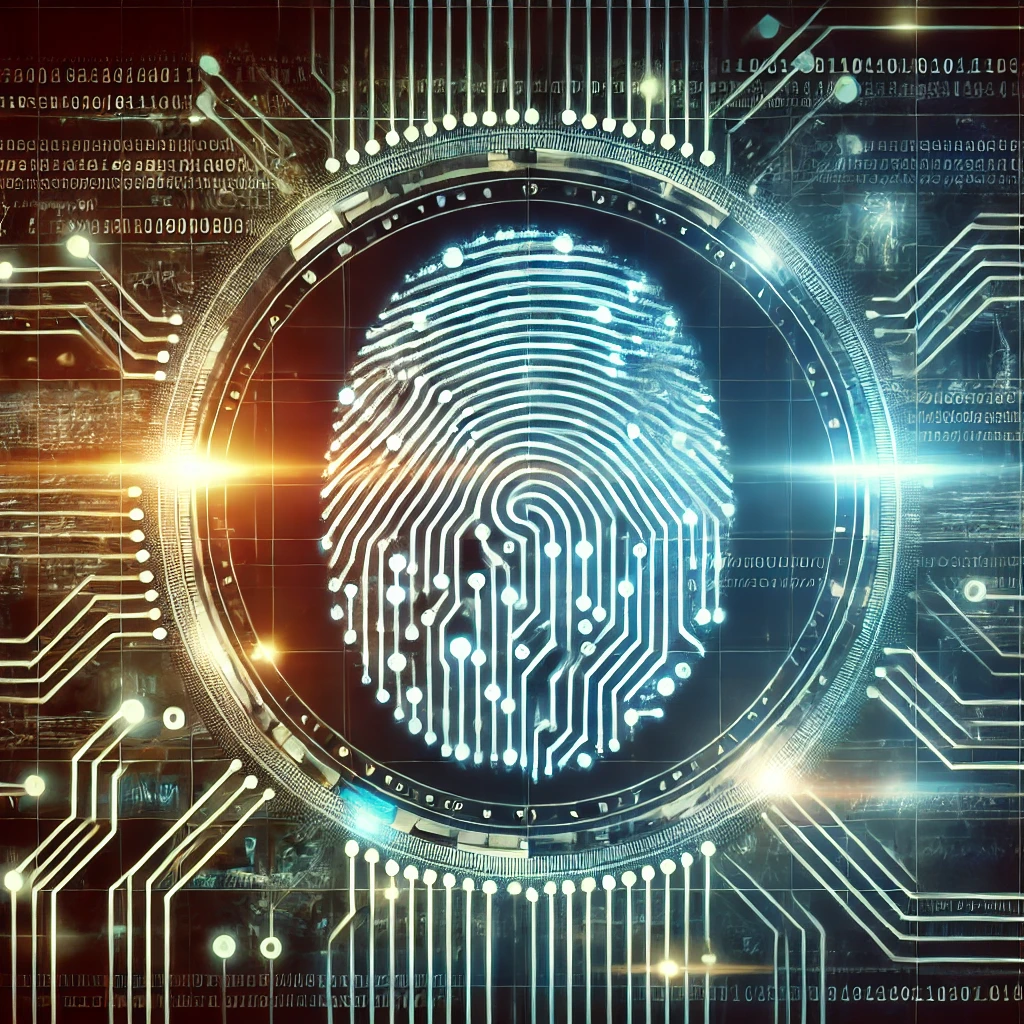
The study’s authors even posed a philosophical question in their findings: If they had used AI to write their research and denied it, how could anyone prove otherwise? This rhetorical twist highlights the difficulty in regulating AI use and ensuring accountability. There have been recent laws passed to give AI “identifiable fingerprints” but the technology will have some serious hurdles to overcome.
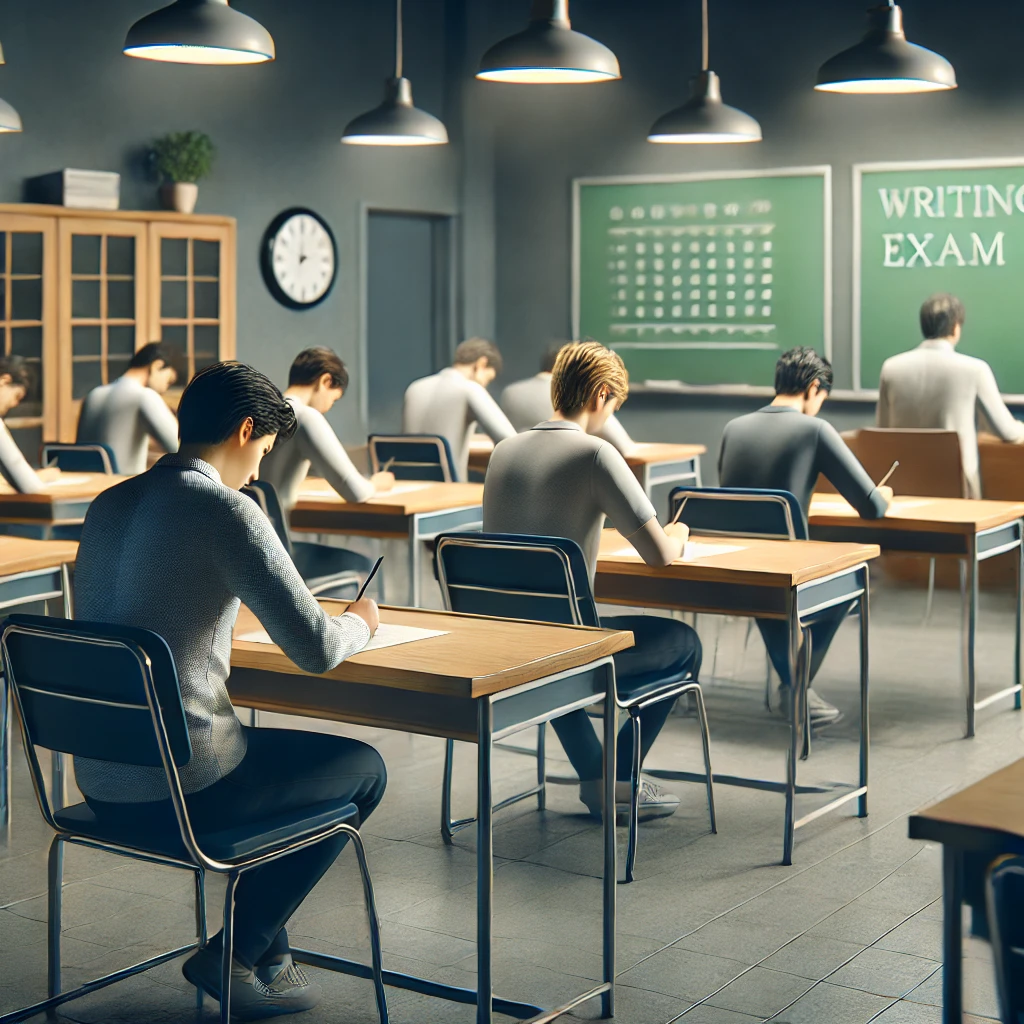
Education systems worldwide are at a crossroads. Universities must decide how to integrate AI without undermining the purpose of education. Whether this involves stricter in person writing exams, new teaching methods, or accepting AI as a natural extension of human capability, one thing is clear: AI isn’t just making education easier—it’s forcing us to redefine what it means to learn.
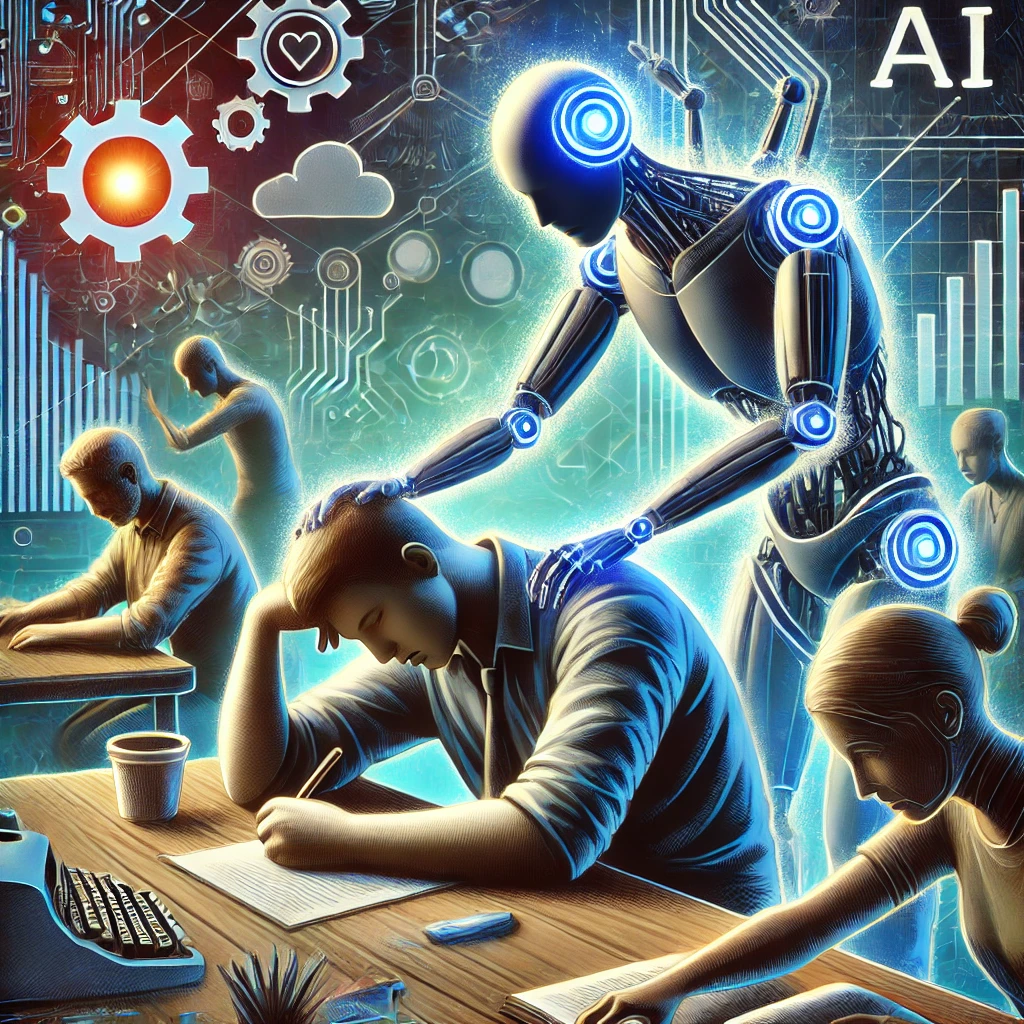
In the rush to embrace AI, society must ensure that convenience doesn’t come at the cost of critical thinking, creativity, and intellectual independence. Otherwise, we risk creating a future where people are increasingly reliant on machines but less capable of thinking for themselves.

